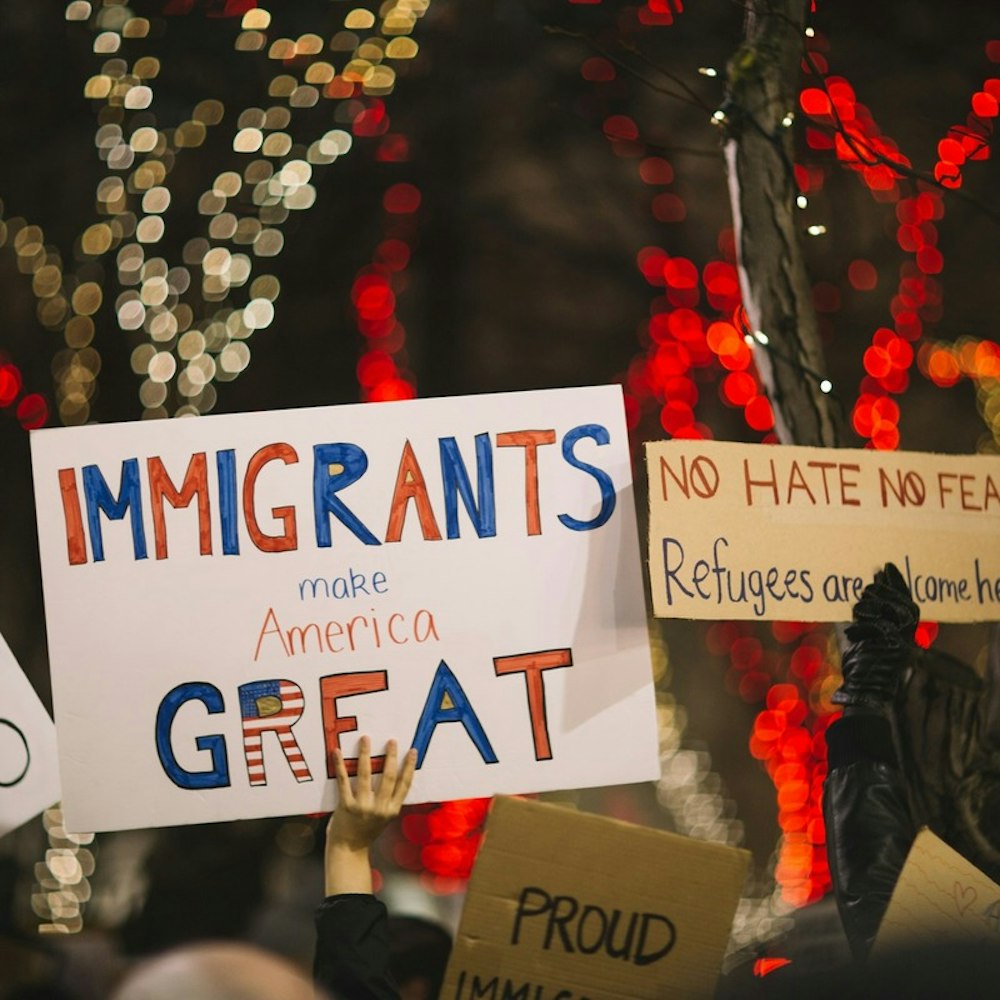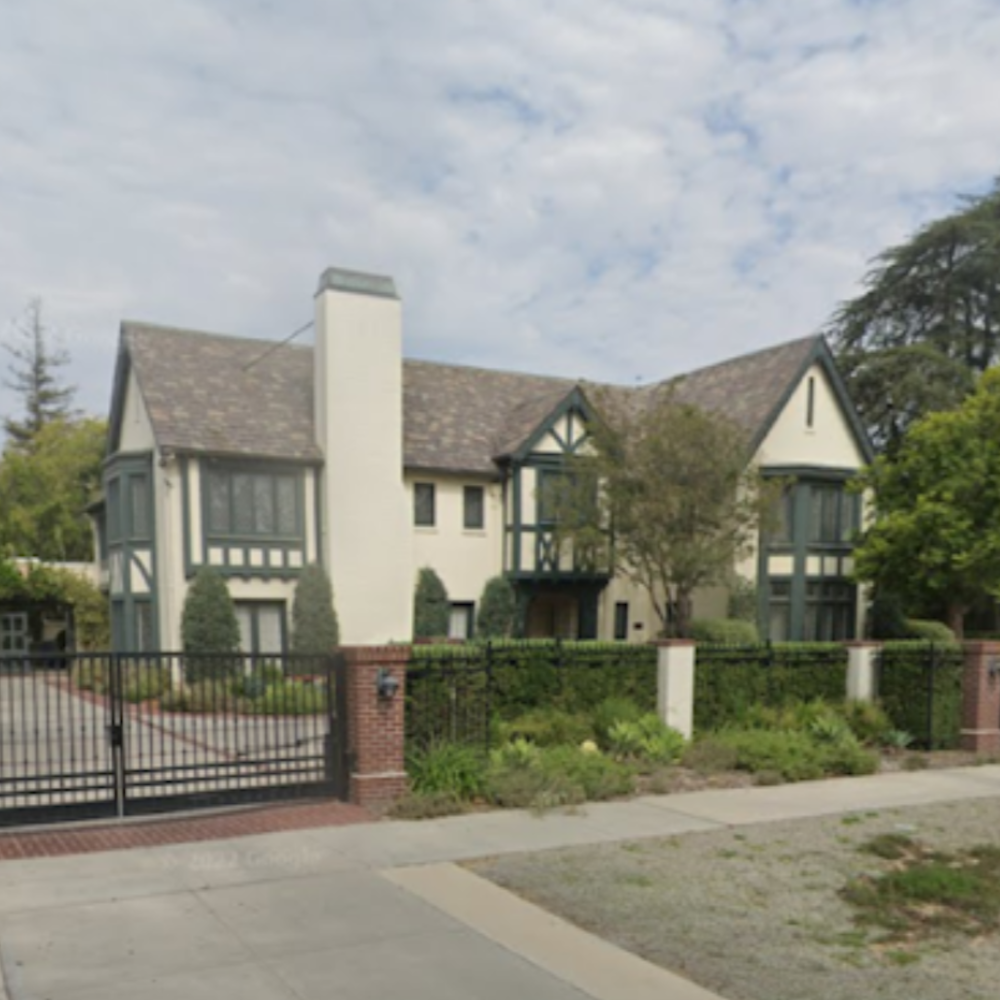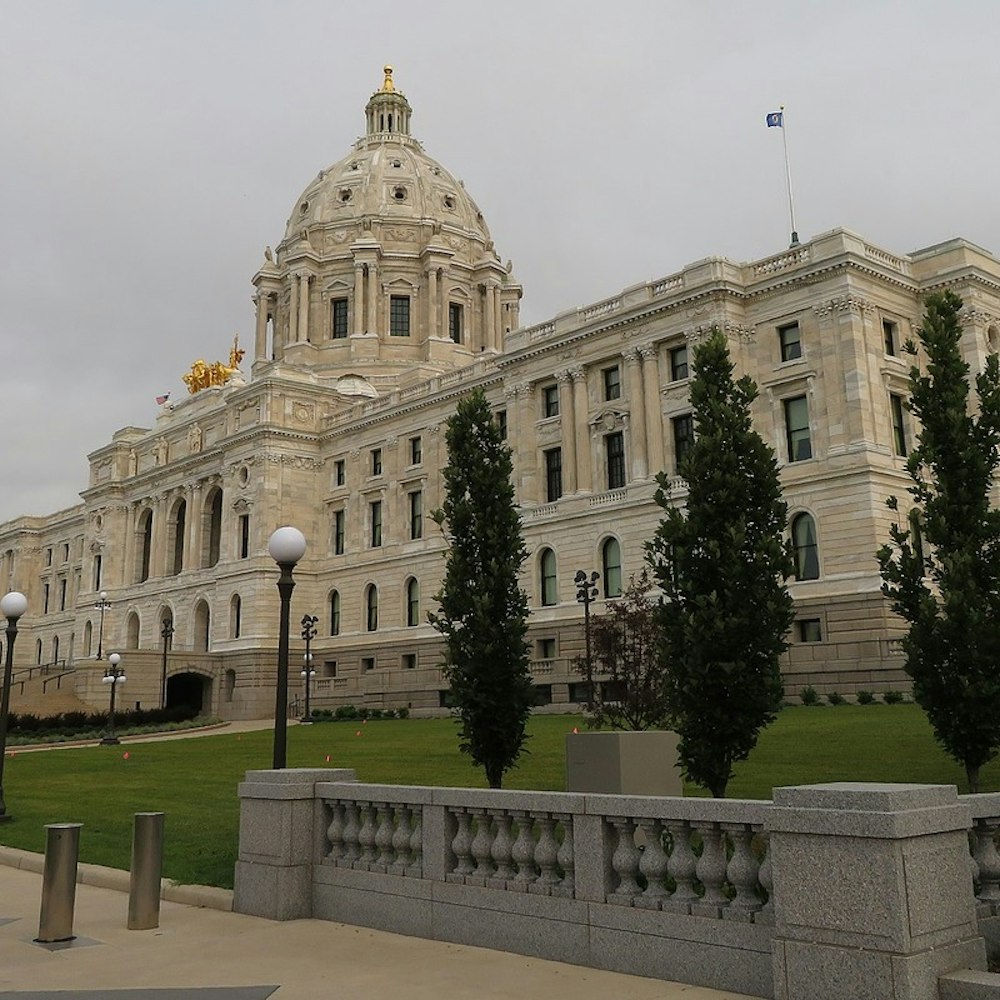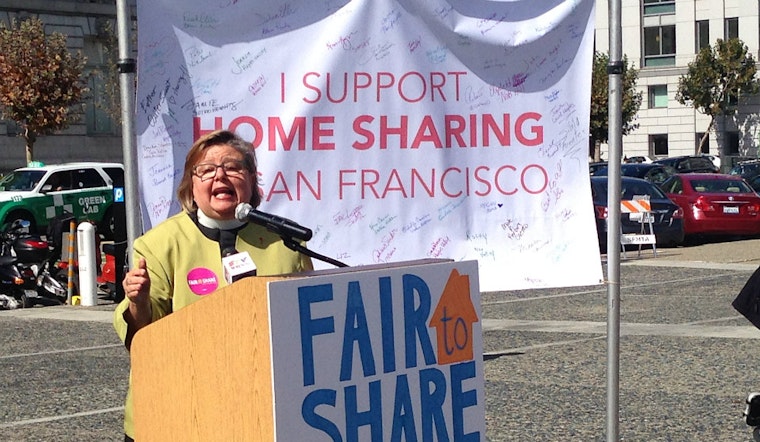
Earlier today, City Attorney Dennis Herrera announced that Airbnb and HomeAway have settled with the city of San Francisco in a federal lawsuit. As part of the settlement, hosts with the two companies will now be required to be registered with the city.
The paper reports that "within six months, Airbnb and HomeAway will require all new hosts to be registered with San Francisco before they can post a rental listing on either site."
The two companies had challenged a local ordinance that prohibited rental companies from charging booking fees when companies rent units that are not legally licensed and registered as short-term rentals.
Built off legislation approved by city officials in 2015 that limited short-term rentals to primary residents registered with the the city, the ordinance—which was originally sponsored by Supervisors David Campos and Aaron Peskin—was approved by the Board of Supervisors last June.
However, Airbnb and HomeAway alleged that the ordinance violated both the Communications Decency Act (CDA) and the First Amendment.
Although Airbnb has more than 8,000 listings in San Francisco, only 2,100 residents are registered with the city’s Office of Short-Term Rentals.
“We have successfully defended San Francisco’s common-sense regulations on short-term rentals,” Herrera said in a statement.
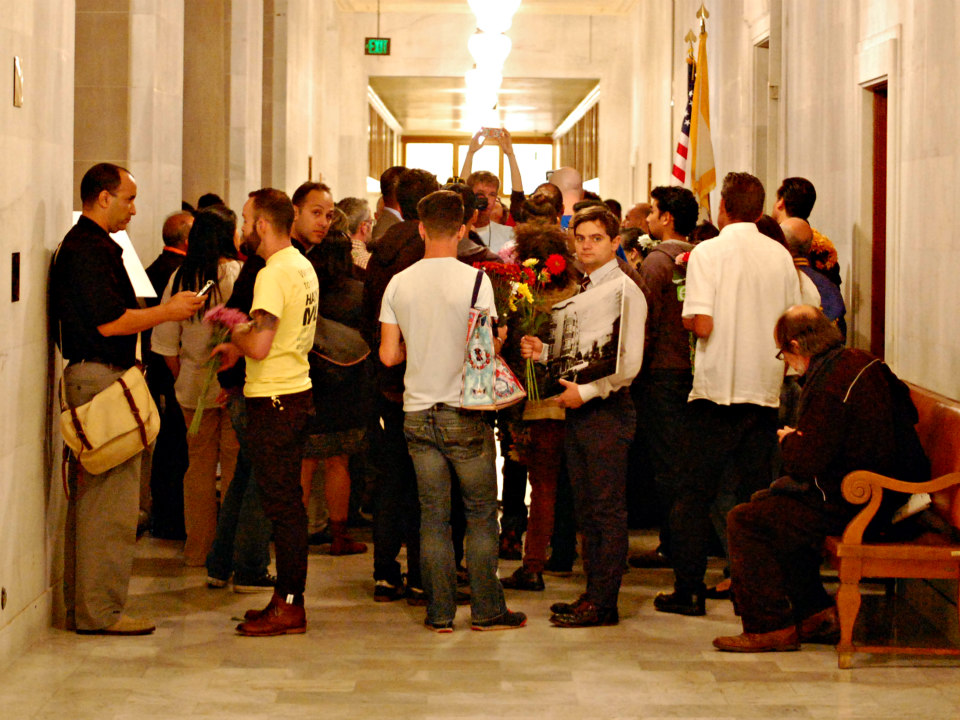
Many groups, including the San Francisco Apartment Association, ShareBetter SF (a coalition of tenant organizations, landlords, housing advocates, neighborhood associations and labor unions), the San Francisco Tenants Union and the Board of Supervisors have applauded the City Attorney’s office for making an effort to curb illegal short-term rentals.
Saying that she was "thrilled," District 5 Supervisor London Breed said that the decision would mean that the two companies would have to abide by the law—and keep "landlords from taking rental units off the market to use as short-term rentals."
"No longer will hosts be able to flout city laws meant to protect the number of available permanent units for people to live in San Francisco," she said in a statement.
Other groups also hailed the settlement. “If other American cities follow San Francisco’s lead and hold Airbnb accountable for facilitating illegal activity,” said ShareBetter’s co-founder Doug Engmann in a statement, “it could have a material impact on the company’s revenue and $30 billion valuation.”
Today's settlement not only dismisses the legal challenge to the city’s short-term rental regulations, it streamlines the process of registering a property with the Office of Short-Term Rentals.
"It makes it simpler and more convenient for their users to follow the law," Herrera said.
Additionally, short-term rental companies must now provide the city with a monthly list of all San Francisco listings so the city can verify that units are properly registered. If properties are not legally registered, Airbnb and HomeAway will need to cancel future stays and deactivate the listings.
“This settlement ensures that the two largest rental platforms in San Francisco will only include legal listings," Herrera said. "It also guarantees that enforcement with real teeth begins in short order."



